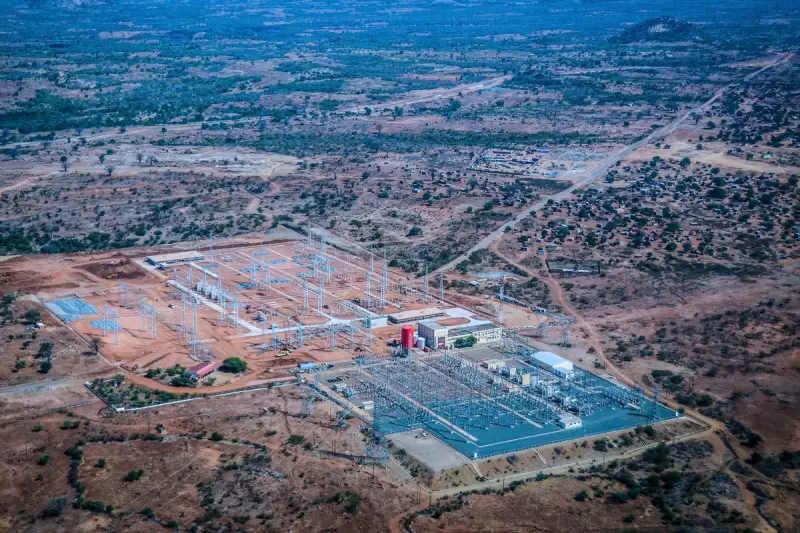
In a significant setback for Mozambique's energy ambitions, the World Bank has officially withdrawn its financial support from the controversial $5 billion Mphanda Nkuwa hydroelectric dam project. The decision deals a major blow to one of Africa's most anticipated energy developments.
A Project Mired in Controversy
The proposed 1,500-megawatt dam, slated for construction on the Zambezi River in the Tete province, has faced mounting criticism from environmental groups and local communities. Concerns have centred on the potential for massive displacement and irreversible ecological damage to one of the continent's most vital waterways.
Behind the World Bank's Decision
While the Bank's official statement cited a failure to meet its stringent "conditions precedent," insiders suggest deep-seated apprehensions about the project's environmental and social impact assessments were the true catalyst. The withdrawal of this key international financier places the entire project's viability in serious doubt.
Local and Global Opposition
Environmental activists and community leaders have long warned that the dam could displace thousands of people and devastate the fragile ecosystem of the Zambezi River Valley. The World Bank's exit is seen as a major victory for these advocacy groups.
What's Next for Mozambique's Energy Dreams?
The Mozambican government, which has championed the dam as a cornerstone of its economic development strategy, now faces a critical juncture. The search for alternative funding will be arduous, with other international lenders likely to be wary following the World Bank's exit.
This development raises profound questions about the future of large-scale energy projects in Africa, balancing the urgent need for power with the imperative of sustainable and equitable development.





